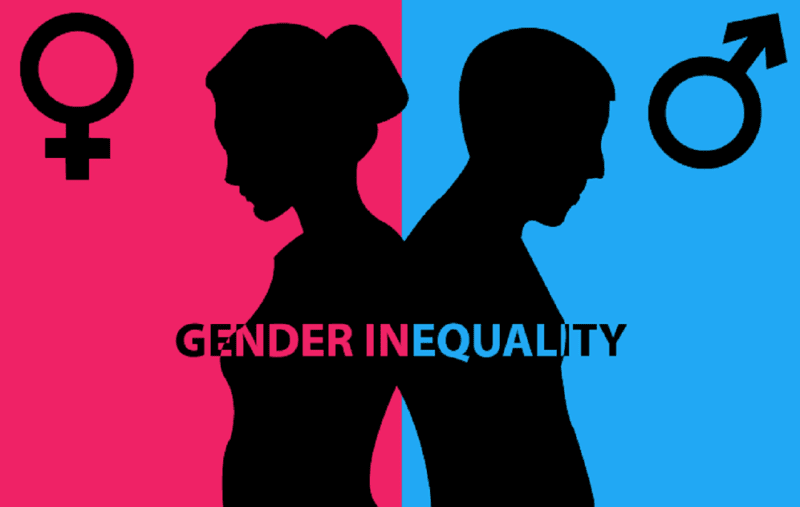Global Issues
Creating Awareness of Gender Equality in an Ever-Changing World -By Abass Suliat Oluwaremilekun
In light of the social role theory, which contends that a group’s stereotype is formed by the behavior of its members, it is crucial to take into account the impacts of such gendered social transformation.

Gender roles are the social norms that define how we should act, speak, dress, groom, and conduct ourselves. Women are frequently expected to act graciously, be accommodating, and be caring. Typically, men are expected to be strong and aggressive.
The traditional social obligation of women is to care for the family and give the children’s welfare top priority. Women typically work in caregiving roles that require sociable characteristics like kindness, sensitivity, and so on.
In contrast, the traditional man is the “head” of the family, in responsibility of looking after the house and guarding it from dangers by strength and persistence.
Males have historically occupied positions of leadership, such as manager, which are associated with agentic characteristics like independence and competition.
The stereotypical traits attributed to men and women are consistent with the established societal roles for each gender. Most countries view traits like gentleness or sensitivity as more characteristic of women, while traits like assertiveness or bravery are more typically associated with men. But over the past 20 years, as increasingly significant social and economic changes occurred, the social roles that men and women played in society began to significantly shift. Since the middle of the 20th century, there has been an increase in the number of employed women. The political leadership posts that were formerly held by men have been filled by women. The proportion of women majoring in business, medicine, and law has significantly increased since 1965. Women now hold a position that is quickly imitating the traditional societal roles of men, such as working and earning money. This is thanks to modern society. Men continue to work full-time in the paid workforce, and most of their job positions have not changed. The position of the modern man is shifting more and more toward the traditional role of women, such as providing for the family, despite the fact that males are still perceived as maintaining more stereotypically male features than women.
The acceptability of non-conventional gender roles is rising. This acknowledges the rise in popularity of unexpected gender roles. Taking into account LGBTQ+ identities and the reality that gender norms are not rigid in general are part of this. Men and women can thus express themselves without being concerned about being evaluated by outdated social rules.
In light of the social role theory, which contends that a group’s stereotype is formed by the behavior of its members, it is crucial to take into account the impacts of such gendered social transformation.
Everyone actually holds this belief, but is it truly the case?
Abass Suliat Oluwaremilekun
Department of English Language Lagos State University
















